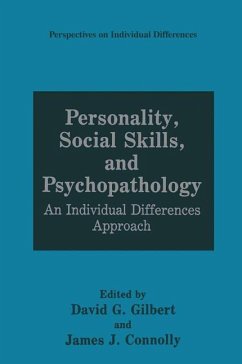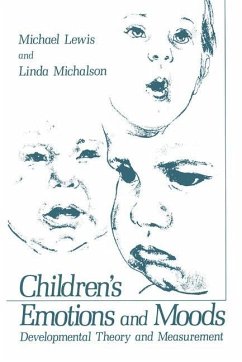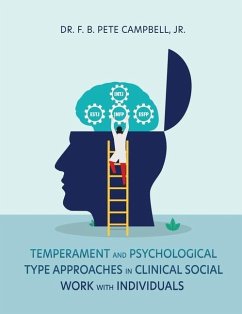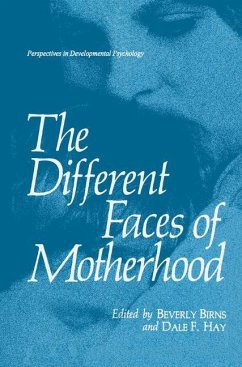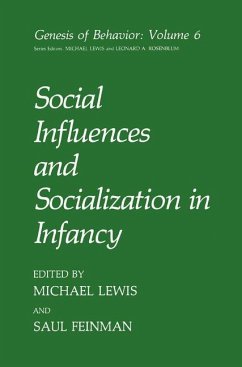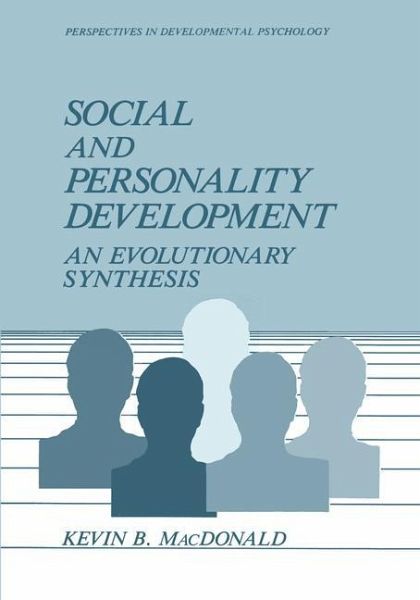
Social and Personality Development
An Evolutionary Synthesis

PAYBACK Punkte
39 °P sammeln!
This volume is an attempt to integrate the theory and data of social and personality development within a modem evolutionary framework. The various chapters are not meant to be read in isolation from one another but rather are intended to form an integrated whole. There is thus a great deal of cross-referencing between chapters and to some extent they all stand or fall together. This also suggests that the accuracy (or usefulness) of a particular chapter cannot be judged until the book is comprehended as a whole. Chapter 1 deals with the theoretical foundations of this enterprise, and the focu...
This volume is an attempt to integrate the theory and data of social and personality development within a modem evolutionary framework. The various chapters are not meant to be read in isolation from one another but rather are intended to form an integrated whole. There is thus a great deal of cross-referencing between chapters and to some extent they all stand or fall together. This also suggests that the accuracy (or usefulness) of a particular chapter cannot be judged until the book is comprehended as a whole. Chapter 1 deals with the theoretical foundations of this enterprise, and the focus is on the compatibility of mainstream approaches within the field to a modem evolutionary approach. Chapters 2-4 concern what I view to be the fundamental proximal mechanisms underlying social and personality development. Chapter 2, on temperament and person ality development, is particularly central to the rest of the volume because these processes are repeatedly invoked as explanatory concepts at later points in the volume.





